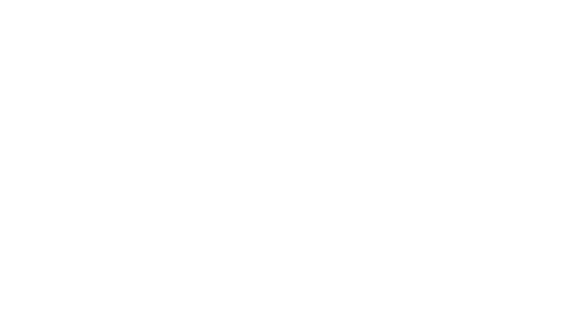Breitbart Exclusive: SEIU Aim to Destroy Free Market
Working with the Occupy Wall Street radicals, the SEIU union bosses have created an alliance designed to destroy capitalism.
Breitbart.com has received exclusive tape of an Occupy Strategy Session at New York University, billed as a group talk on “The Abolition of Capitalism.” One of the headline speakers at this session was Stephen Lerner, former leader and International Board Member of the SEIU and frequent Obama White House visitor. Lerner argued in favor of people not paying their mortgages and “occupying” their homes; he spoke in favor of invading annual shareholders meetings to shut them down. But his big goal was to get workers to shut down their workplaces. That’s where the SEIU agenda and the Occupy agenda truly meet: once workers begin to occupy.
Here are the relevant portions of the transcript:
Let me just throw out a couple ideas here. One, I think a theme here that’s really important is Occupy Homes as a key part of the stew in multiple spheres. There’s eviction defense, there’s folks who are moving back into homes that they were evicted from that have been sitting empty, there’s community organizing, there’s a fight with Fannie and Freddie, but this notion that millions of people are losing their homes and we can physically help them save it, very important … This second question, this question of moving money, which has mainly been an individual act so far, you know, move your account out of a bank, getting institutions, schools, universities, school boards, to move money out of banks as a way to put them into either credit unions or things that do economic development, it captures both what is wrong with finance capital, but then it’s something everybody can do … In fact, it’s infused by the energy of somebody that just got thrown in jail for trying to keep their home …
But here’s the real crux of the matter:
How do we give workers the confidence? … How do we create a mood in the nation where we’re occupying our workplaces, where we’re shutting down our workplaces? … Where workers are sitting in, where workers are shutting down their places of work, and when the police come, when the injunctions come, we’re all there with them, so we can really deal with part of the reason that the economy’s so screwed up … which is a few people have got all the power. Think stew, think hope, death to the Stockholm Syndrome!


